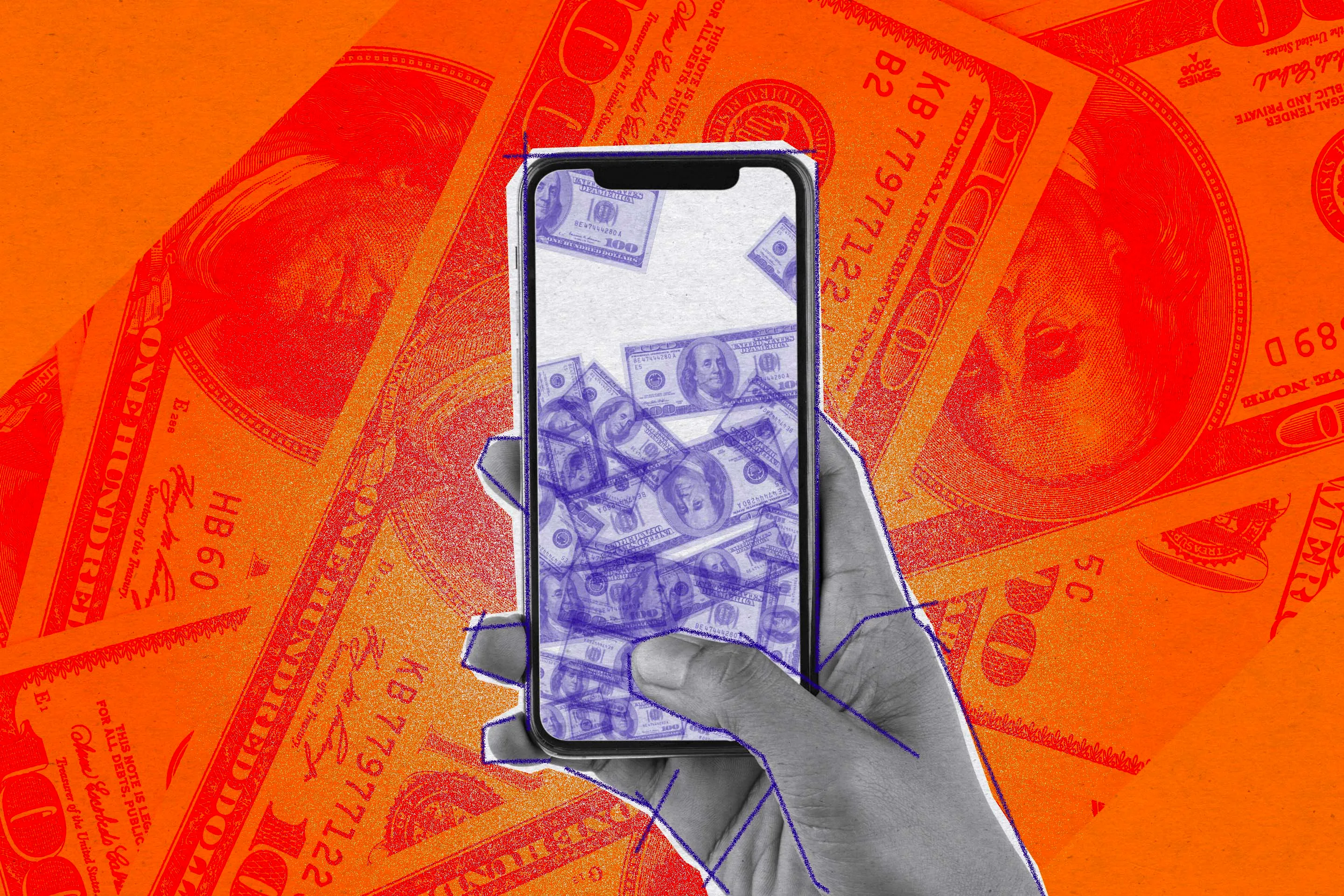Retaining Cash in Venmo, Money App and PayPal Is Dangerous: CFPB
 [ad_1]
[ad_1]
You probably have cash simply sitting in your Venmo or Money App account, it’s a good suggestion to maneuver it.
That’s in line with the Shopper Monetary Safety Bureau (CFPB), which is issuing a warning to People that funds held in cost apps aren't almost as safe as these saved in federally backed financial institution accounts.
"Common digital cost apps are more and more used as substitutes for a conventional financial institution or credit score union account however lack the identical protections to make sure that funds are protected,” CFPB Director Rohit Chopra — a Cash Changemaker — stated in a Thursday information launch.
Apps like Venmo, Money App and PayPal, whereas usually fast and handy to make use of, are usually not truly banks. As such, the cash they maintain usually lacks the insurance coverage that protects deposits at conventional monetary establishments.
Proper now, Federal Deposit Insurance coverage Corp. (FDIC) insurance coverage covers as much as $250,000 per depositor, per account kind, per financial institution. If the financial institution have been to fail, like Silicon Valley Financial institution did earlier this 12 months, the company would cowl your losses as much as that restrict. (However remember the fact that the insurance coverage solely applies to sure kinds of accounts, together with checking accounts, financial savings accounts, cash market accounts and a few extra.)
Most banks within the U.S. are coated by FDIC insurance coverage, and it is easy to test whether or not yours is amongst them.
The identical isn’t at all times true of digital cost apps like Venmo and Money App (or inventory market property or crypto, for that matter). If a kind of corporations went below, there is not any assure that your funds might be returned to you. You may lose your cash.
Why storing cash in a funds app is dangerous
The CFPB says that the danger of misplaced funds is barely rising as increasingly People — and particularly youthful folks — use digital cost companies. In reality, analysis by the company exhibits that about 85% of customers between the ages of 18 and 29 have tried one.
Whereas some solely use the apps for sending cash right here and there, others have begun to hold vital balances inside the app. Individuals are “storing billions of dollars by these companies exterior of their federally insured financial institution or credit score union accounts,” the CFPB wrote in a current weblog publish.
CFPB information exhibits that roughly $893 billion handed by digital cost apps final 12 months; that quantity is anticipated to balloon to $1.6 trillion by 2027.
A few of these apps, together with Venmo, truly make investments saved cash into bonds or loans, permitting them to earn a revenue on the money that they don’t share with customers, the company says. These type of investments are usually not topic to the identical oversight that banks are, which implies the danger to shopper funds is greater.
Talking of profiting off of your money, you may very well be placing your self at an obstacle by saving giant quantities of cash in Money App or Venmo. Not solely do you not have deposit insurance coverage on that stability, you are additionally not incomes the curiosity you may should you selected to place these funds in a high-yield financial savings account.
And at last, the CFPB factors out that a few of these companies’ consumer agreements are imprecise about what occurs to customers’ cash. It may be troublesome to find out whether or not these balances are insured and what safeguards are in place if the corporate ought to fail.
The company says it's monitoring the regulatory panorama surrounding funds apps, however proper now there’s no complete coverage that covers what safety they need to provide to customers.
Till then, the CFPB says you “might have to take motion to maneuver [your] balances saved in cost apps.”
Extra from Cash:
Are Your Financial institution Deposits Coated by FDIC Insurance coverage? This is Learn how to Know
Why Crypto Belongings Aren’t Protected by the FDIC Like Financial institution Deposits
No comments
Note: Only a member of this blog may post a comment.